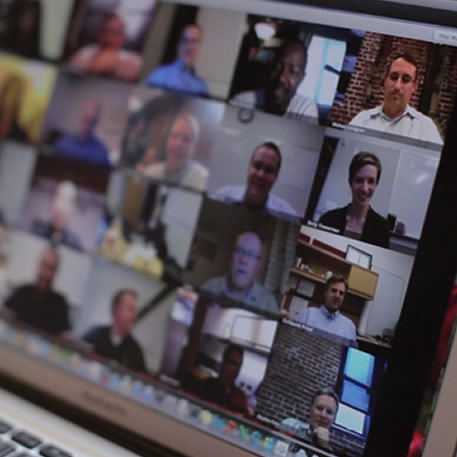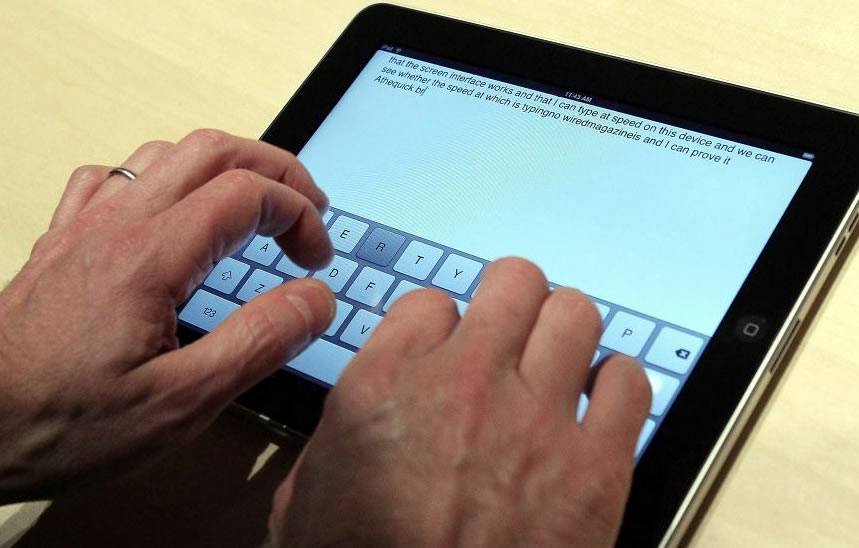Project Aims
The overarching aim of the proposed Global Educational Learning Observatory (GELO) project is to develop a framework for an international network of institutions utilizing data-driven and scientifically informed evidence that informs evolving best practices for online and mobile learning while endeavouring to reach out to a large variety of individuals in formal and informal educational institutions globally, including indigenous populations, minorities and other underrepresented groups.
The GELO employs an international network to explore the digital competencies necessary for engaged and accessible learning within various contexts through the collection and analysis of a rich dataset. Data collected through the GELO assists in the development of predictive analytical models enabling individuals and institutions to identify and characterize the competencies which support digital technology-enhanced learning. The GELO project will result in the development of research-informed models informing and supporting the co-creation of knowledge among higher education environments and the formal and informal learning training settings commonly found in corporate and not-for-profit work environments.
Key Objectives
Together, EILAB collaborators form a strong methodological and theoretical basis for pursuing this project’s key objectives: (i) to measure digital competencies in individuals or groups who are both within, and outside of, established formalized educational institutions, including the workplace and other, informal settings (ii) to provide access to tools that measure digital competencies and readiness for online learning for individuals including those living in marginalized populations, remote or indigenous communities, and (iii) to use digital technology tools as a means of transforming societal understanding of education and learning.
Context
Participation in 21 st century society is increasingly dependent upon competencies related to the use of digital technologies for a wide variety of purposes. Competence refers to the ability to do something successfully or efficiently (Oxford Living Dictionary, 2017). Digital competence is a matter of using digital technologies for appropriate purposes in an effective manner. It should be clarified that digital competence is more than skills, it also includes social and emotional aspects of the use of digital technologies for diverse purposes.
A person’s competence in the use of digital technologies has implications for a wide variety of contexts and situations, including learning in physical as well as virtual spaces, career choices and employability, digital citizenship, and even democracy (Erstad, 2010). Moreover, the relationship between digital competency and self-efficacy is significant in that research has shown that there is a positive correlation between digital literacy (an element of digital citizenship), and the self-regulated learning skills of students (Kitsantas & Dabbagh, 2011). There is also a positive correlation between the sub-factors of digital literacy, such as functional literacy, critical literacy, and social literacy, and sub-factors of self-regulated learning skills, including cognitive control, meta-cognitive control, motivational control, and behavioural control (Yang & Kim, 2014).
With increased access to mobile technologies, education is shifting dramatically to a more self-directed and personalized model, whereby “teachers, learners, networks, connections, media, resources, [and] tools create a unique entity that has the potential to meet individual learners’, educators’ and even societal needs” (Gertstein, 2014, p. 92). However, the currently highly accelerated shift into virtual learning spaces is also problematic in that it not only requires skills and competencies in the use of digital technologies, but also the ability to navigate the intricacies of social and cognitive interactions, working collaboratively with geographically distributed peers, and simultaneously building new relationships and new understandings (Brown & Lippincott, 2003).
Career choices and employability in the 21st century will require being adept at navigating through digital environments to garner material and virtual resources through the utilization of technologies, anywhere and anytime (Schwab, 2017). This same adeptness “fits into skill sets that may make individuals more viable in the labour market” (Hargittai & Shafer 2006, p. 443). The acquisition of these skills and competencies will challenge individuals and simultaneously cause disruptions within existing institutions. Increasingly, the corporate world demands graduates at the entry-level with well-honed Information Communication Technology (ICT) skills. For this reason, institutions of higher learning are being challenged to adopt and further develop systems of blended learning, comprising both traditional forms of learning and e-Learning, and supported by efficient virtual platforms. (Metilda & Neena, 2017).
Beyond digital literacy, digital citizenship is seen to be a good example of the situational nature of key competencies, as there are only relatively few circumstances where basic ICT skills are any longer sufficient (Lankshear & Knobel, 2008). To be truly representative of the global context of online learning, we must urgently consider the cultural dimensions of both digital competencies and learning: “Web-based activities have affected the ways humans think, the ways they communicate with others, and the way they generally participate in society” (Choi, 2016, p. 566). As a result, in the GELO project, we aim to integrate cross-cultural effects into our predictive analytics models, since there are significant differences depending on cultural background and understandings of concepts such as power and gender, which have major impacts on the way technology is viewed and used (Hofstede, 1982; Inglehart, 1990; Goman, 2011). This is particularly true when individuals use digital technology and online spaces to engage in participatory democracy (Luppicini & Baarda, 2017).
The lead organization in this project, UOIT’s Educational Informatics Laboratory (EILab), is an international hub of research and innovation in the area of digital competencies for collaborative 21 st Century learning. Researchers in the EILab engage in the emerging sub-discipline of “educational informatics”, which “incorporate[s] new technologies and learning strategies to enhance the capture, organization, and utilization of information within the field of education” (Collins & Weiner, 2010). Educational informatics represents the convergence of aspects of information science, computing, education, instructional systems technology, and learning sciences (Ford, 2008). Currently, EILab researchers analyze e-learning data generated by an existing network of academics from Canada, the U.S., and the Caribbean.



